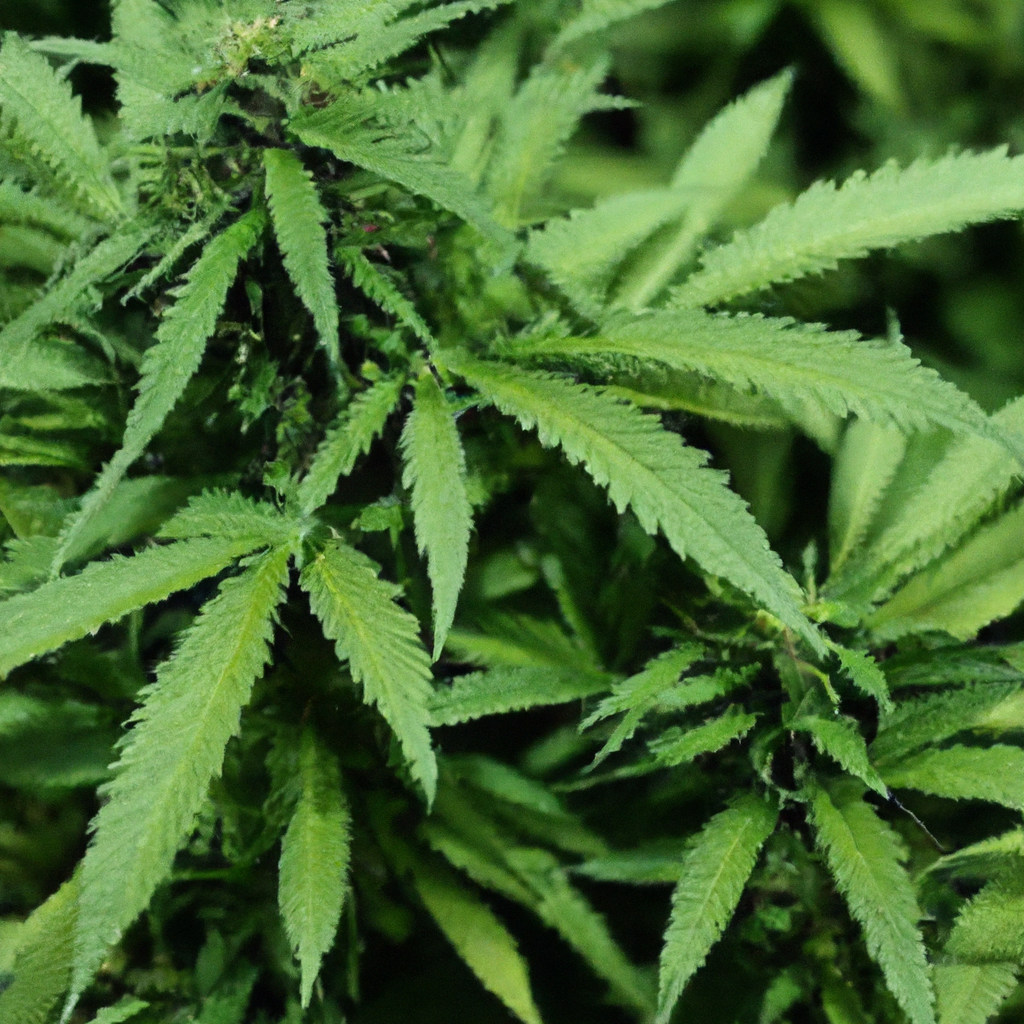Your cart is currently empty!
As the cannabis industry continues to grow, more cultivators are seeking ways to produce high-quality plants while reducing their environmental impact. Organic cannabis cultivation is not just a trend but a responsible practice that benefits both consumers and the planet. This article explores best practices for growing cannabis organically, focusing on building healthy soil ecosystems, using natural fertilizers, and managing pests sustainably.
Building a Healthy Soil Ecosystem
Healthy soil is the foundation of a thriving organic cannabis grow. By fostering a rich soil ecosystem, you’ll enhance nutrient availability and plant resilience. Here’s how:
- Compost and Organic Matter: Enrich your soil with homemade compost, which provides essential nutrients and beneficial microbes. Composting reduces waste and enhances soil structure.
- Cover Crops: Plant cover crops between cannabis growing cycles to fix nitrogen, prevent erosion, and improve soil fertility. Clover and vetch are excellent choices for cannabis gardens.
- Beneficial Microbes: Use microbial inoculants to boost soil biodiversity. Products containing mycorrhizal fungi can enhance root growth and nutrient uptake.
Natural Fertilizers for Optimal Growth
Effective fertilization doesn’t have to rely on synthetic chemicals. Turn to natural options for a healthier grow:
- Fish Emulsions: A rich source of nitrogen, phosphorus, and potassium, fish emulsions are beneficial for boosting plant growth during the vegetative stage.
- Seaweed Extracts: Packed with micronutrients and growth hormones, seaweed extracts improve overall plant health and stress tolerance.
- Bone and Kelp Meals: These provide a steady release of phosphorus and potassium, crucial for flowering and bud development.
Sustainable Pest Control Techniques
Managing pests organically involves preventing infestations and using natural controls:
- Companion Planting: Grow plants like marigolds, basil, and dill alongside cannabis to naturally repel pests.
- Neem Oil: A natural pesticide, neem oil disrupts pest life cycles without harming beneficial insects.
- Beneficial Insects: Introduce predatory insects such as ladybugs or lacewings to keep harmful pests in check.
Benefits of Organic Cannabis Cultivation
Growing cannabis organically offers multiple advantages:
- Environmental Protection: By avoiding synthetic chemicals, you reduce pollution and protect local ecosystems.
- Healthier Cannabis Products: Organic practices lead to cleaner, safer cannabis free from harmful residues, appealing to health-conscious consumers.
- Sustainable Practices: Organic cultivation methods support long-term soil health, ensuring future productivity and ecosystem balance.
Conclusion: Embrace Organic Practices for a Brighter Future
By adopting organic cultivation methods, cannabis growers not only support environmental sustainability but also produce a superior product that consumers increasingly demand. Embrace organic practices for a healthier, more responsible approach to cannabis cultivation.
Implement these strategies to enhance your growing operations, create a robust soil ecosystem, and produce cannabis that stands out in quality and ethical production.
Discover more from Magic Clones
Subscribe to get the latest posts sent to your email.


Leave a Reply